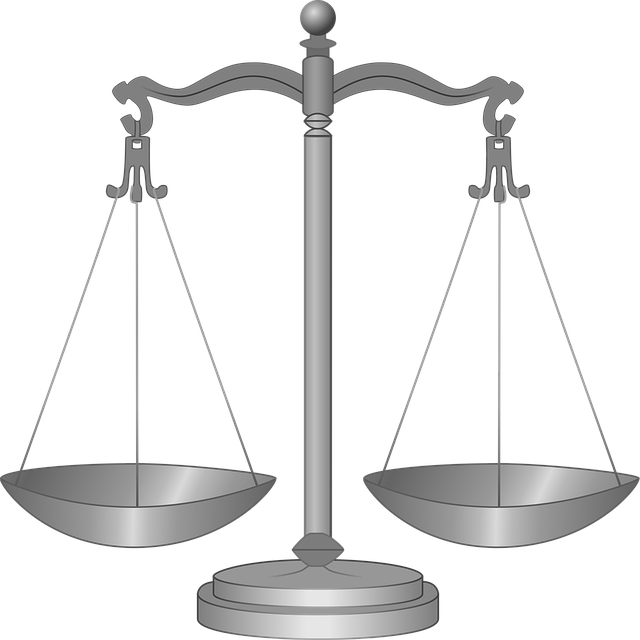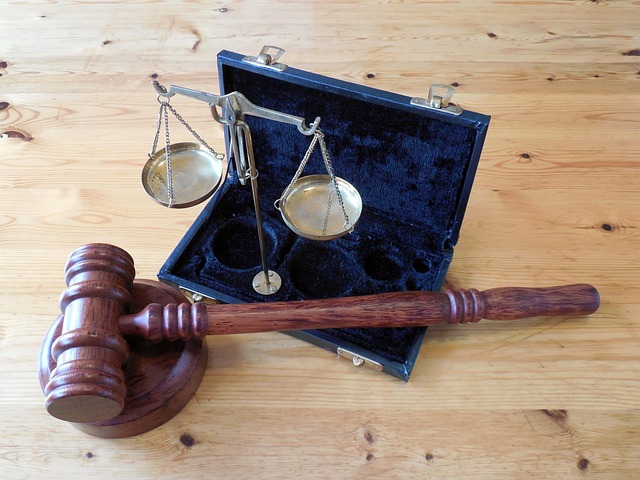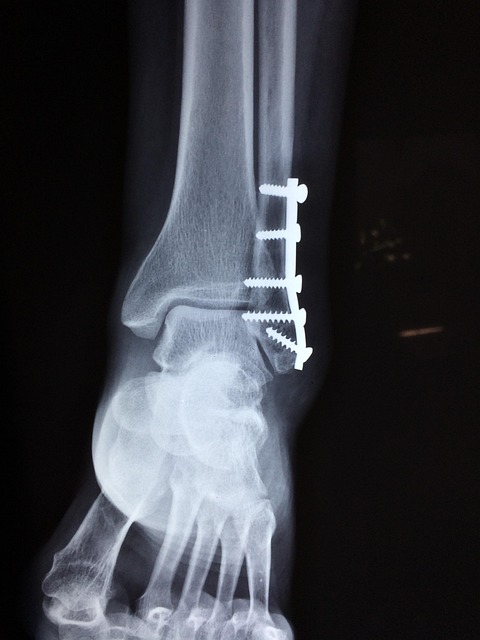Medication error attorneys address complex legal frameworks involving state laws, federal regulations, and industry standards to hold healthcare providers accountable for negligence causing patient harm. Proving negligence requires demonstrating duty of care, deviation from standard of care, and causation. Victims seek justice and compensation through damages tailored to injury severity, including medical expenses, lost wages, pain and suffering, and punitive damages for permanent disabilities. Medication error attorneys play a vital role in compensating victims and ensuring accountability, alongside other legal areas like Miami auto accident cases.
Looking for justice after a medication error? Understanding the legal standards that guide claims is crucial. This article delves into the intricate web of laws surrounding medical misadministration, highlighting key aspects like establishing negligence and seeking damages as a medication error attorney would advise. By exploring the legal framework, individuals affected by such errors can navigate their rights and potential compensation more effectively.
- Legal Framework for Medication Error Cases
- Establishing Negligence in Medical Misadministration
- Damages and Compensation for Victims of Medication Errors
Legal Framework for Medication Error Cases

The legal framework for medication error cases is multifaceted and relies on a combination of state laws, federal regulations, and industry standards. At the heart of these cases lies the principle of liability, where individuals or entities responsible for administering medications can be held accountable for any errors that result in harm to patients. Medication error attorney claims often hinge on demonstrating negligence, which requires proving a duty of care, a breach of that duty, causation, and damages.
In the context of caregiver negligence or nursing home neglect, an accident lawyer may argue that healthcare providers, including pharmacists and nurses, owe a duty of care to patients. Breaches of this duty could include misprescribing medications, incorrect dosages, or failures in medication management systems. Such errors can lead to severe consequences for patients, necessitating legal action against the responsible parties. This is especially crucial in facilities like nursing homes where vulnerable individuals rely on caregivers for their well-being.
Establishing Negligence in Medical Misadministration

Establishing negligence in medical misadministration is a complex process that requires careful consideration of various legal standards and principles. A medication error attorney plays a pivotal role in navigating this intricate landscape, advocating for patients who have suffered harm due to medical mistakes. The first step in such cases is to prove that a duty of care existed between the healthcare provider and the patient. This duty imposes an obligation on medical professionals to exercise reasonable skill and judgment during treatment.
A crucial element in establishing negligence is demonstrating that the healthcare provider deviated from this standard of care. This often involves expert testimony from qualified medical professionals who can opine on the accepted practices and compare them with the actions (or inaction) of the defendant. The personal injury attorney must also show that the deviation directly caused the patient’s injuries, a concept known as causation. Unlike in auto accident attorney or employment disputes cases, where damage is more readily apparent, establishing harm from medical errors can be subtle and requires meticulous investigation and analysis.
Damages and Compensation for Victims of Medication Errors

When victims of medication errors suffer injuries or loss, they often turn to a medication error attorney for justice and compensation. The legal standards guiding these claims focus on establishing liability through negligence or medical malpractice. Damages can vary widely depending on the severity of the harm caused. Compensatory damages aim to reimburse victims for their medical expenses, lost wages, and pain and suffering. In cases of permanent disability or significant impairment, punitive damages may also be sought to deter similar incidents in the future.
While a Miami auto accident attorney or nursing home neglect lawyer deals with different areas of law, the principle of compensating victims remains consistent. For instance, if a medication error leads to an auto accident due to a driver’s impaired state, a victim could pursue claims against the negligent party, potentially including a personal injury lawsuit against a nursing home neglect lawyer representing the responsible institution or individual. Effective legal representation in these cases requires a deep understanding of medical standards and legal precedents related to medication errors.
When pursuing a case as a medication error attorney, understanding the legal standards guiding these claims is paramount. This article has explored the key frameworks—from establishing negligence in medical misadministration to determining damages and compensation for victims—essential for successful representation. By adhering to these legal principles, medication error attorneys can navigate complex medical cases, ensuring just outcomes for those harmed by medication errors.






